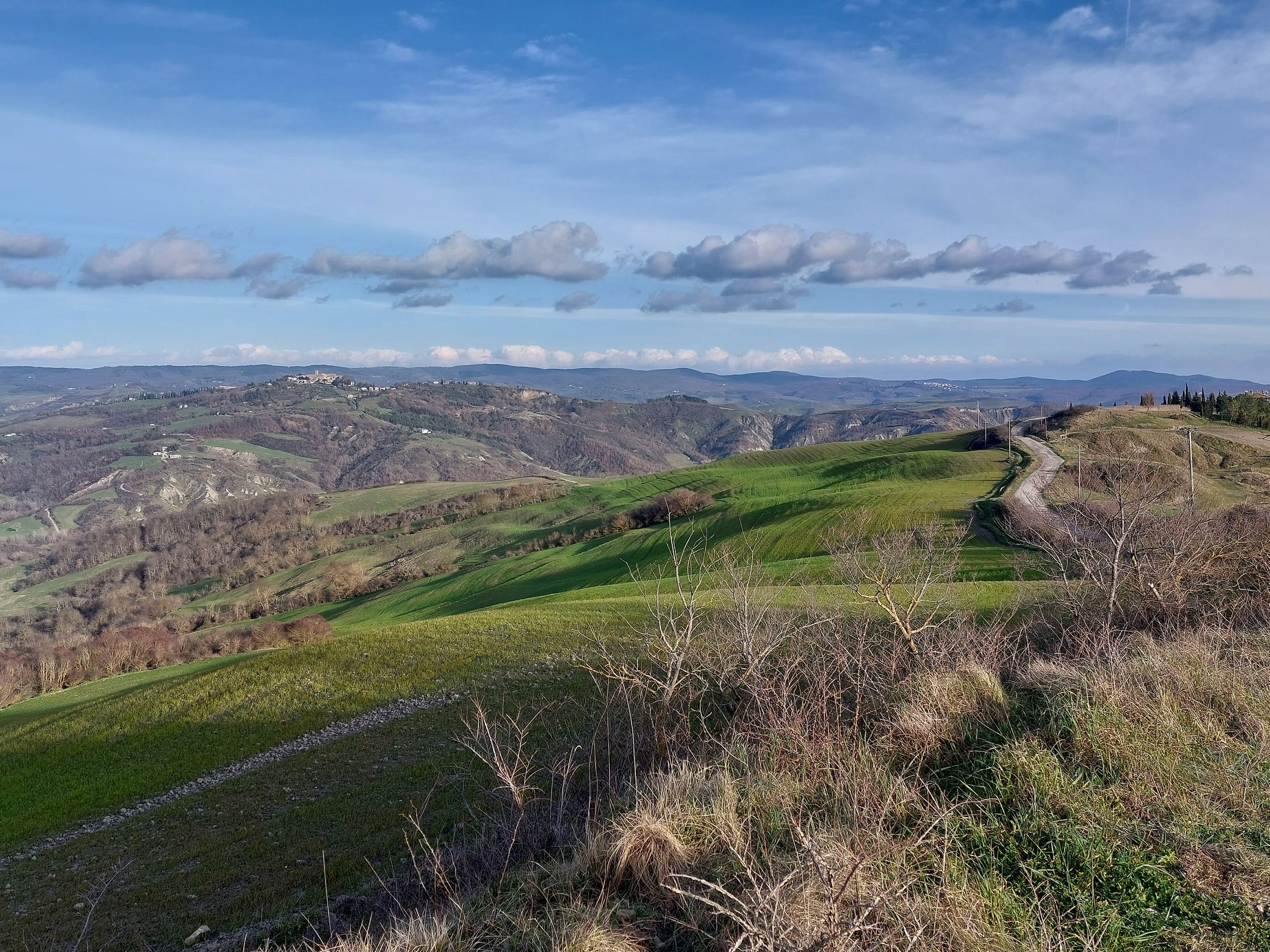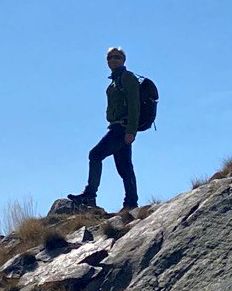San Cristóbal and San Juan Chamula
Wɔatintim: 30.03.2021
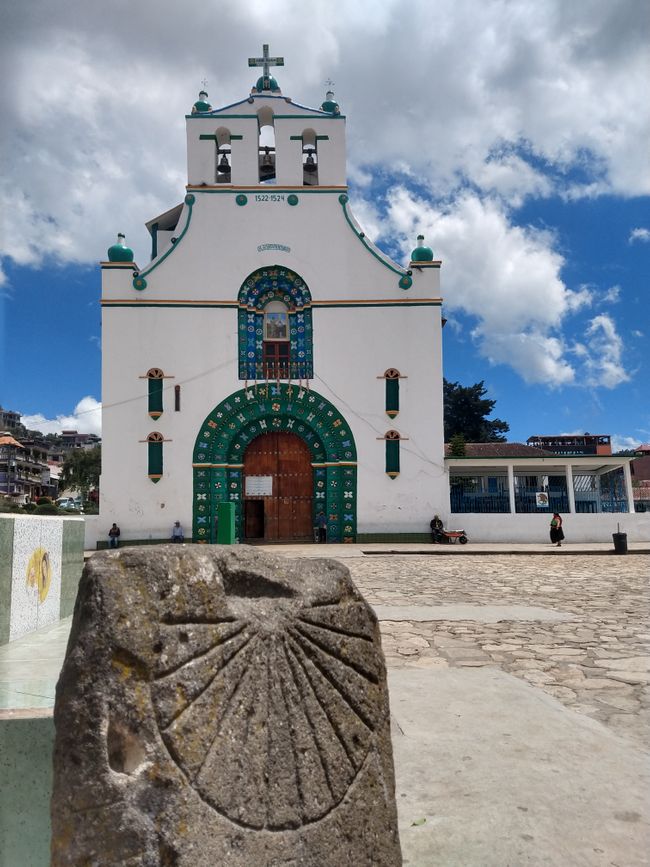
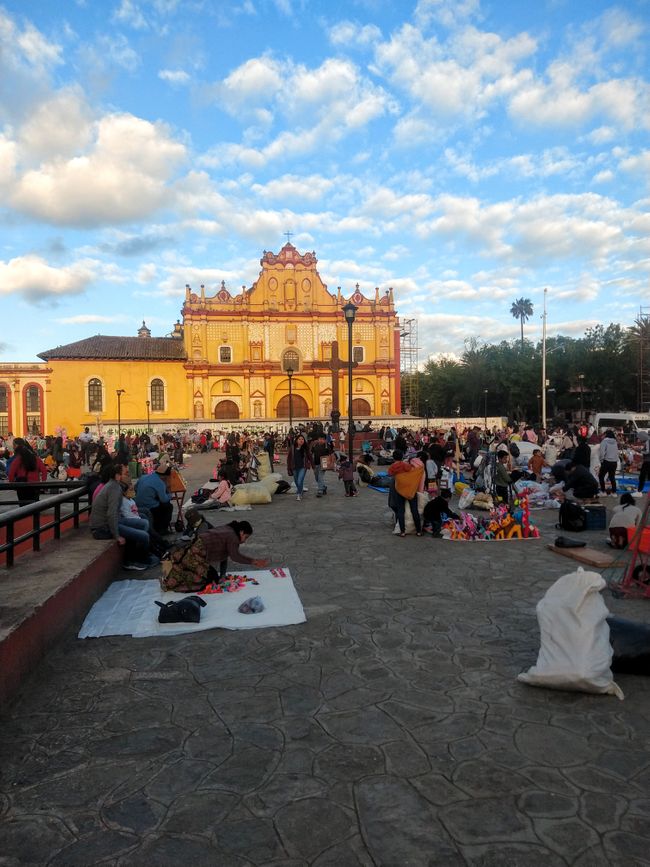
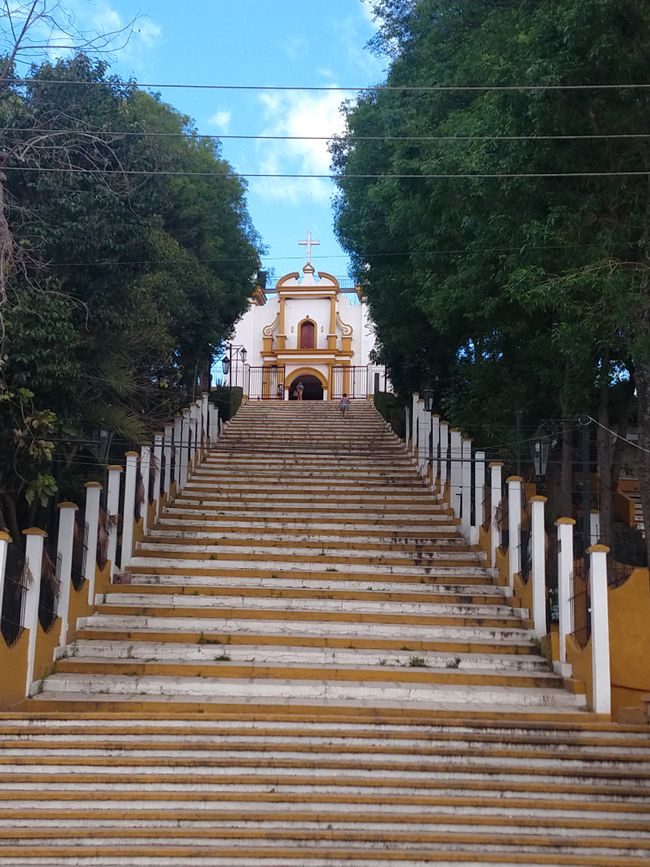
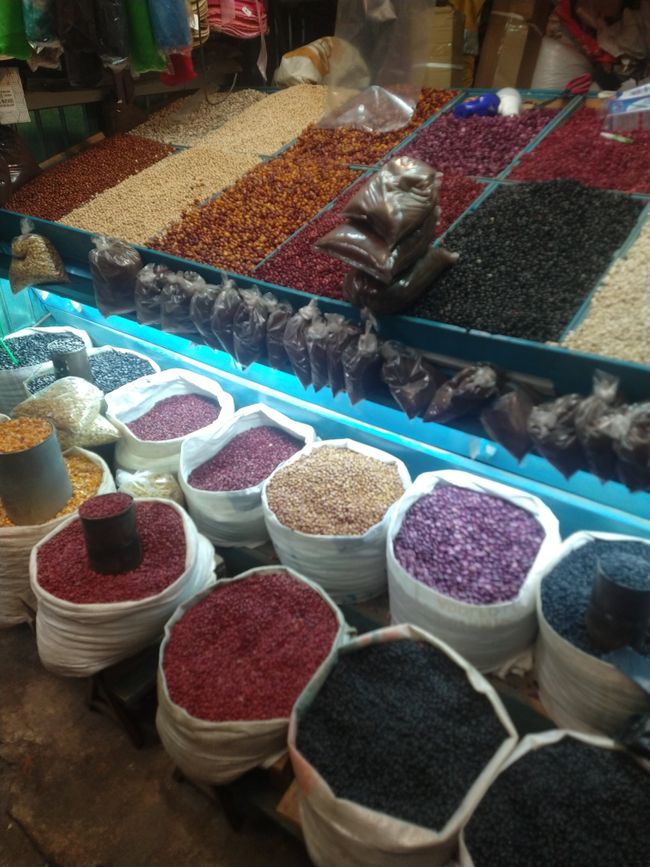
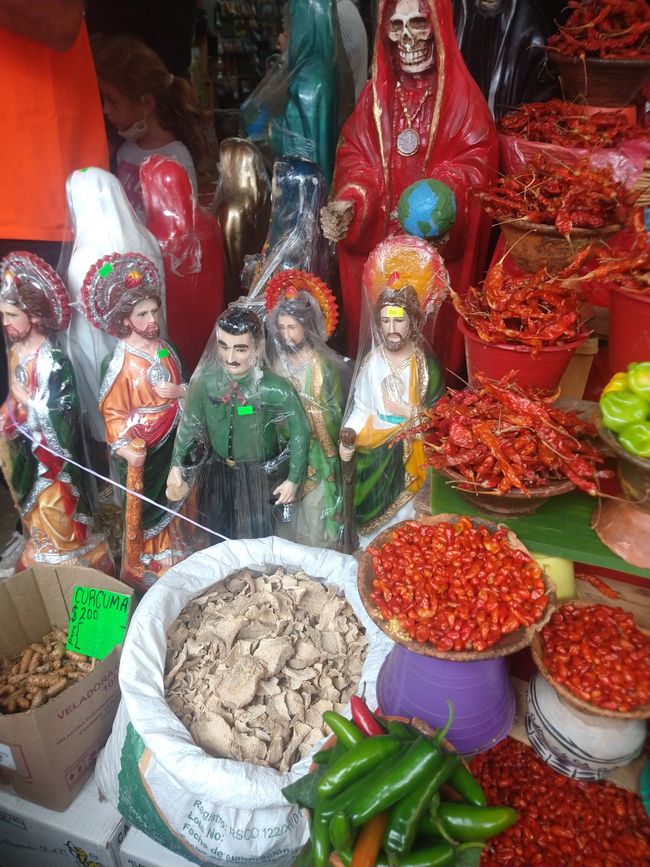
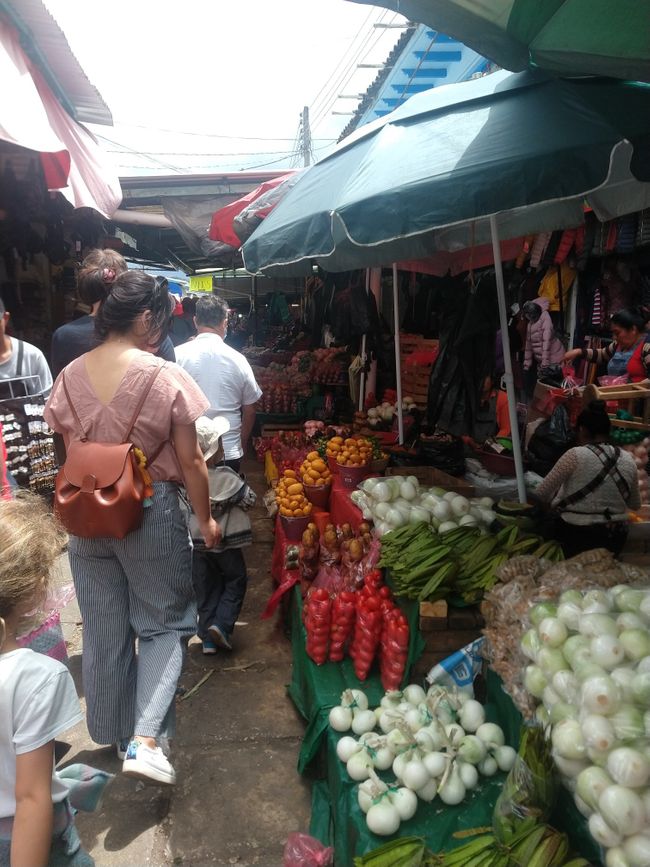
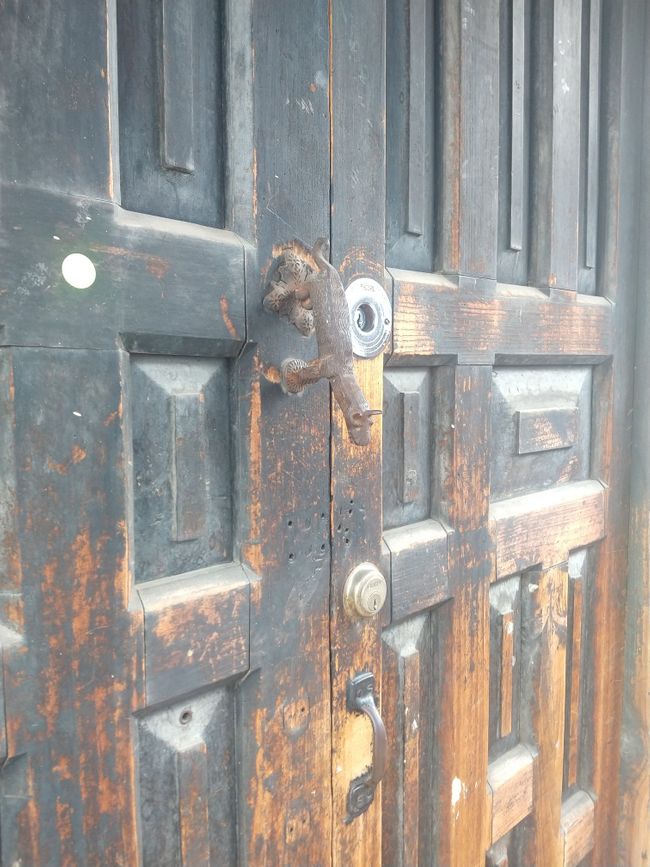
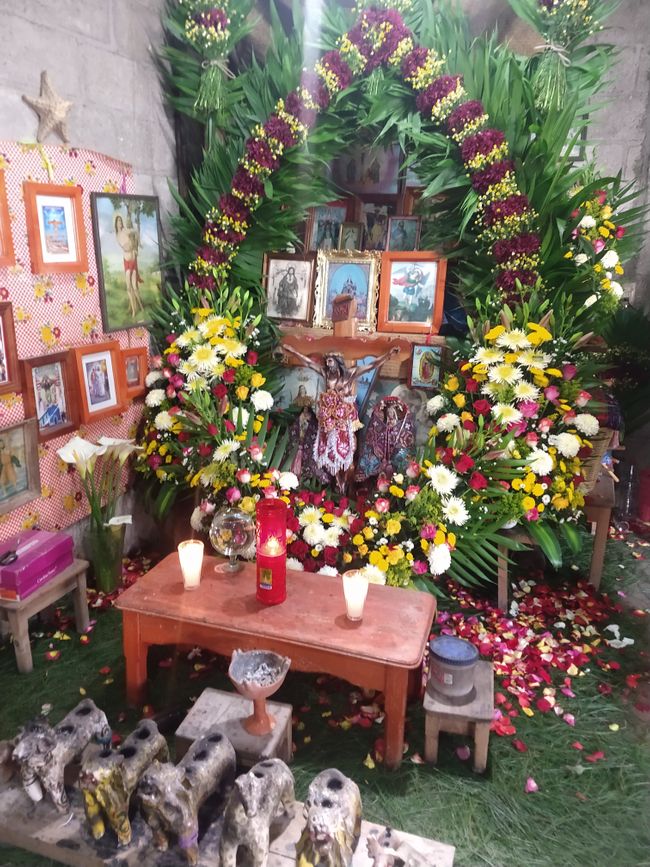
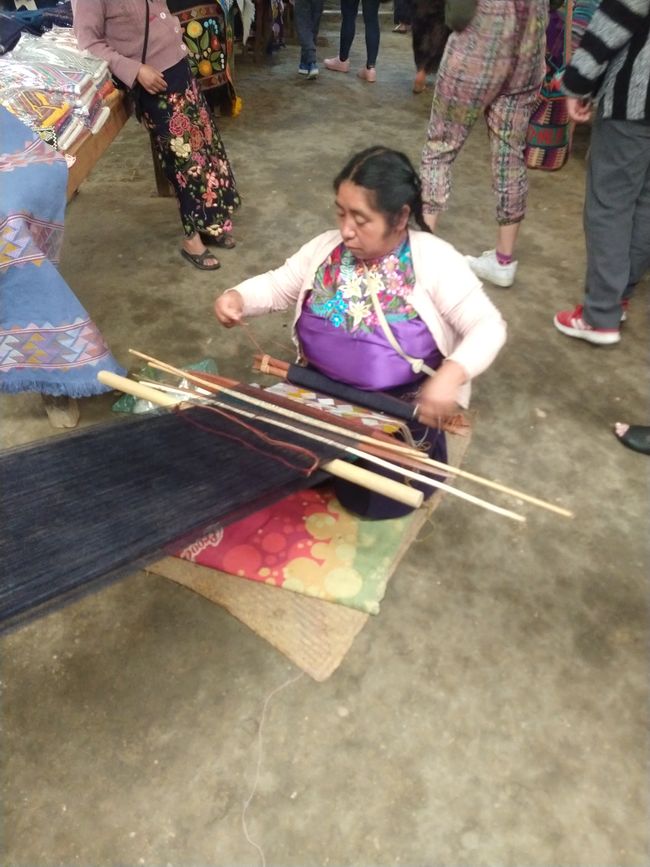
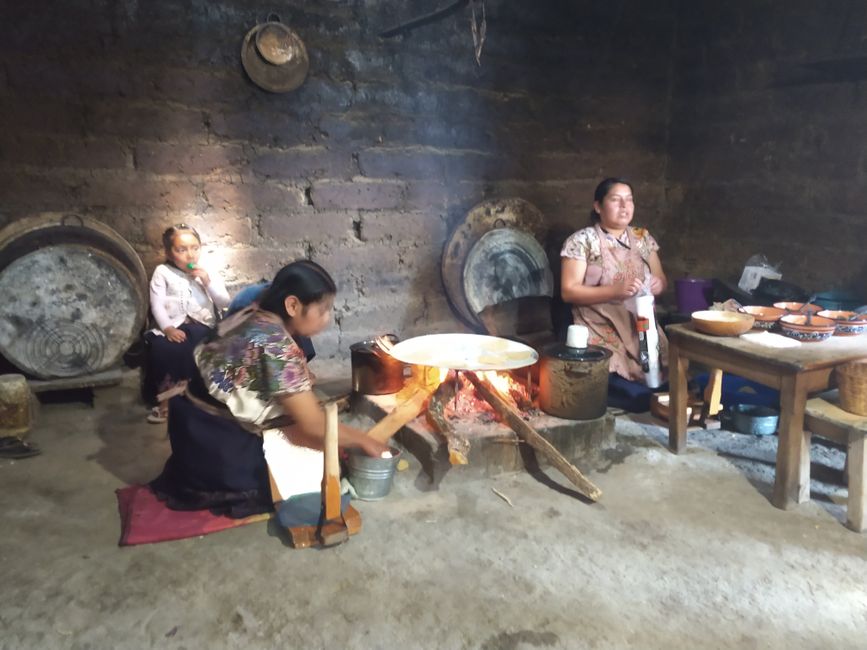
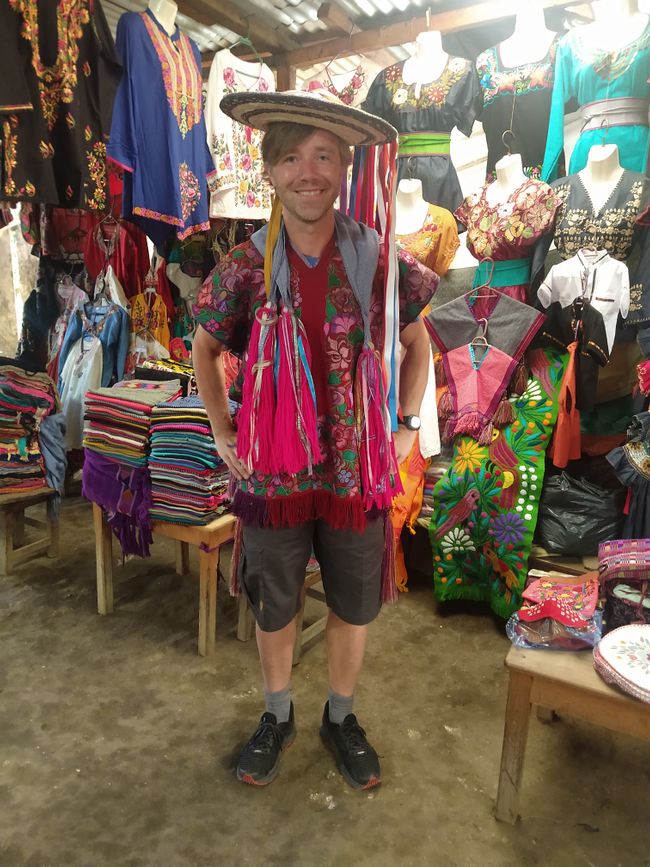
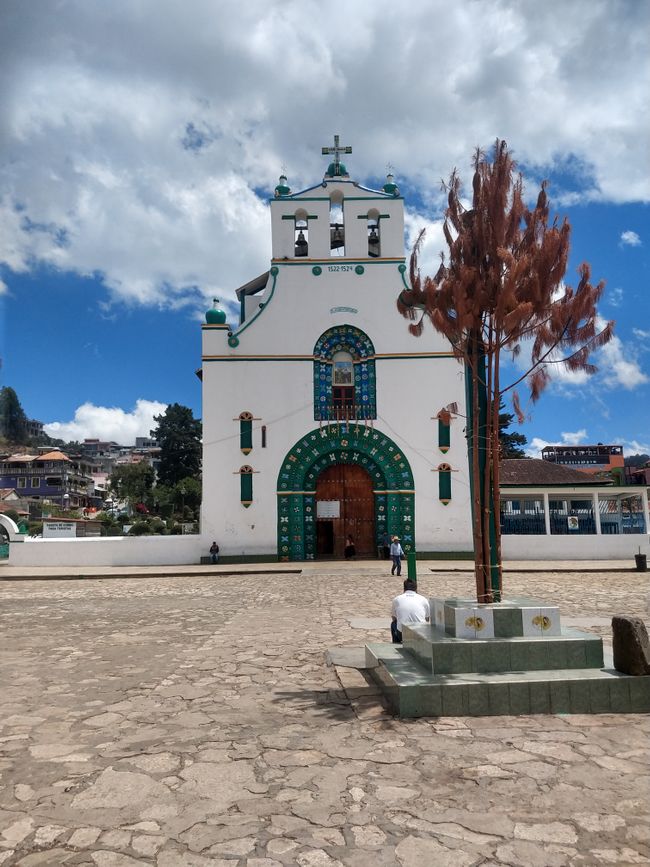
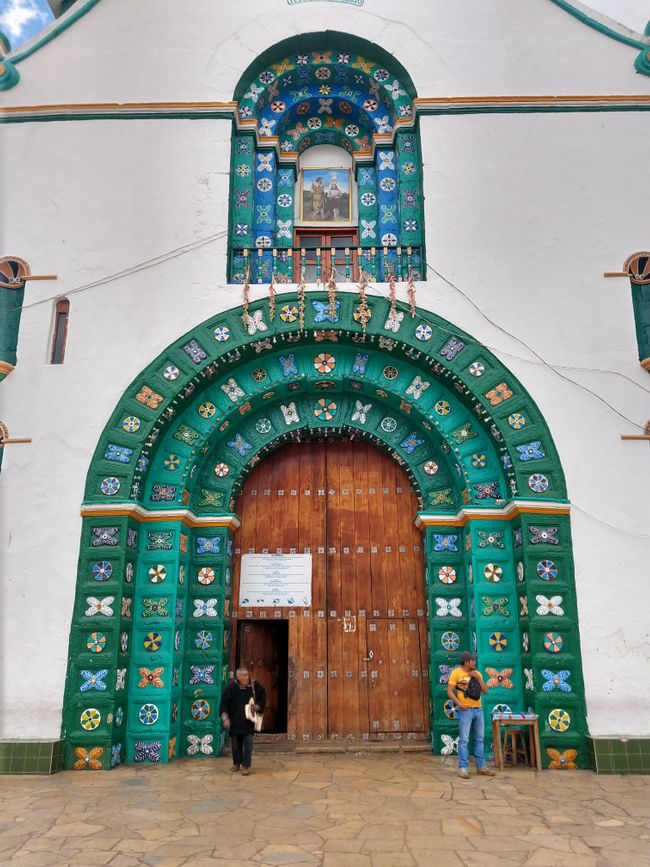
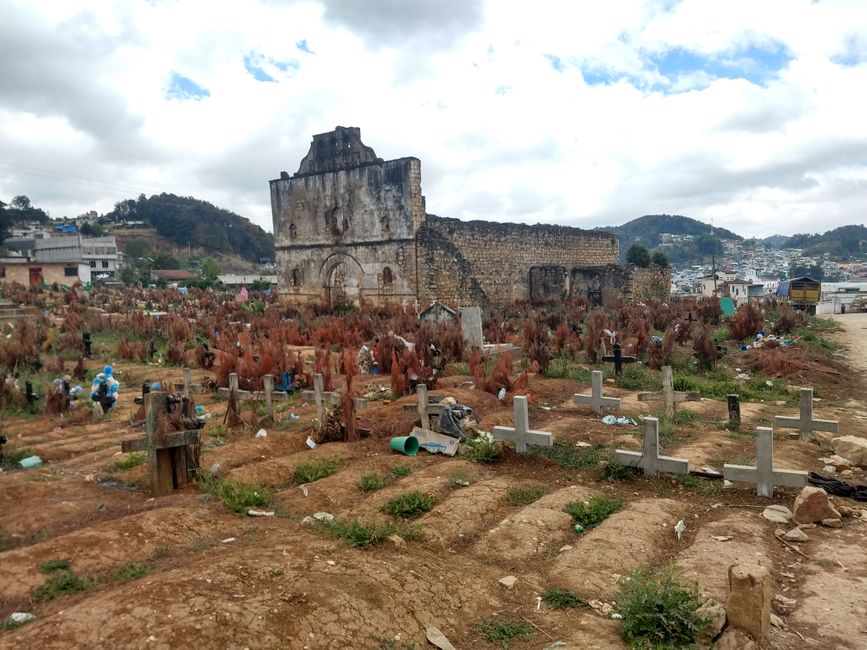
Kyerɛw wo din wɔ Newsletter no mu
San Cristóbal is different from the places I have visited in Mexico so far. At an altitude of about 2000 meters and surrounded by mountains, it is much cooler here. The influence of indigenous population groups is also more noticeable. Many vendors offer their products on the streets, often colorful clothing, magical gemstones, or other jewelry.
I am participating in a tour to the surrounding villages of Zinacantán and Chamula. Both have their own rules. All visitors must pay an 'entrance fee' at the entrance of the village, which our tour guide discreetly takes care of for us.
In Zinacantán, we learn about the traditional production of clothing and get a hot taco from the fire pit.
In these indigenous villages, masks are not worn. To protect against diseases, Poxna is drunk here, a corn schnapps that is offered in various variations.
The church of San Juan in Chamula is very impressive. The residents of Chamula belong to the Tzotzil people. While the church still looks very Catholic from the outside, the influences of Mayan traditions become evident inside. I was previously warned several times not to take photos in the church, as this is punished with harsh physical and financial sanctions.
Inside the church, thousands of candles are burning, and the heavy scent of incense greets the visitors. The floor is covered with pine needles on which the faithful sit. There are no pews. Various shrines are set up on the sides, all of which have a mirror so that the worshippers can see themselves in it.
Believers pray and sing in the Tzotzil language at various places. In addition to Poxna, Coca Cola is also consumed heavily. Burping caused by the soda summons spirits, which then possess a chicken that is sacrificed afterwards. However, I do not witness this ceremony.
I adhere to the photography ban, but those who wish can find some photos of the church on the internet.
Unfortunately, we have to leave much too early. I could have watched for hours here.
Kyerɛw wo din wɔ Newsletter no mu
Anoyie
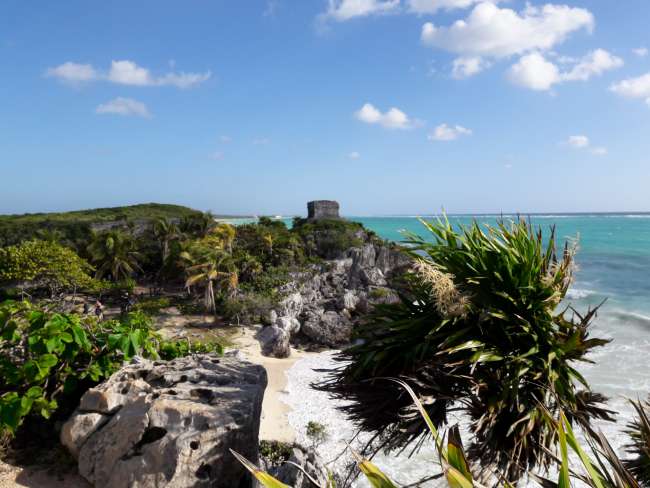
Akwantuo ho amanneɛbɔ Mexico
